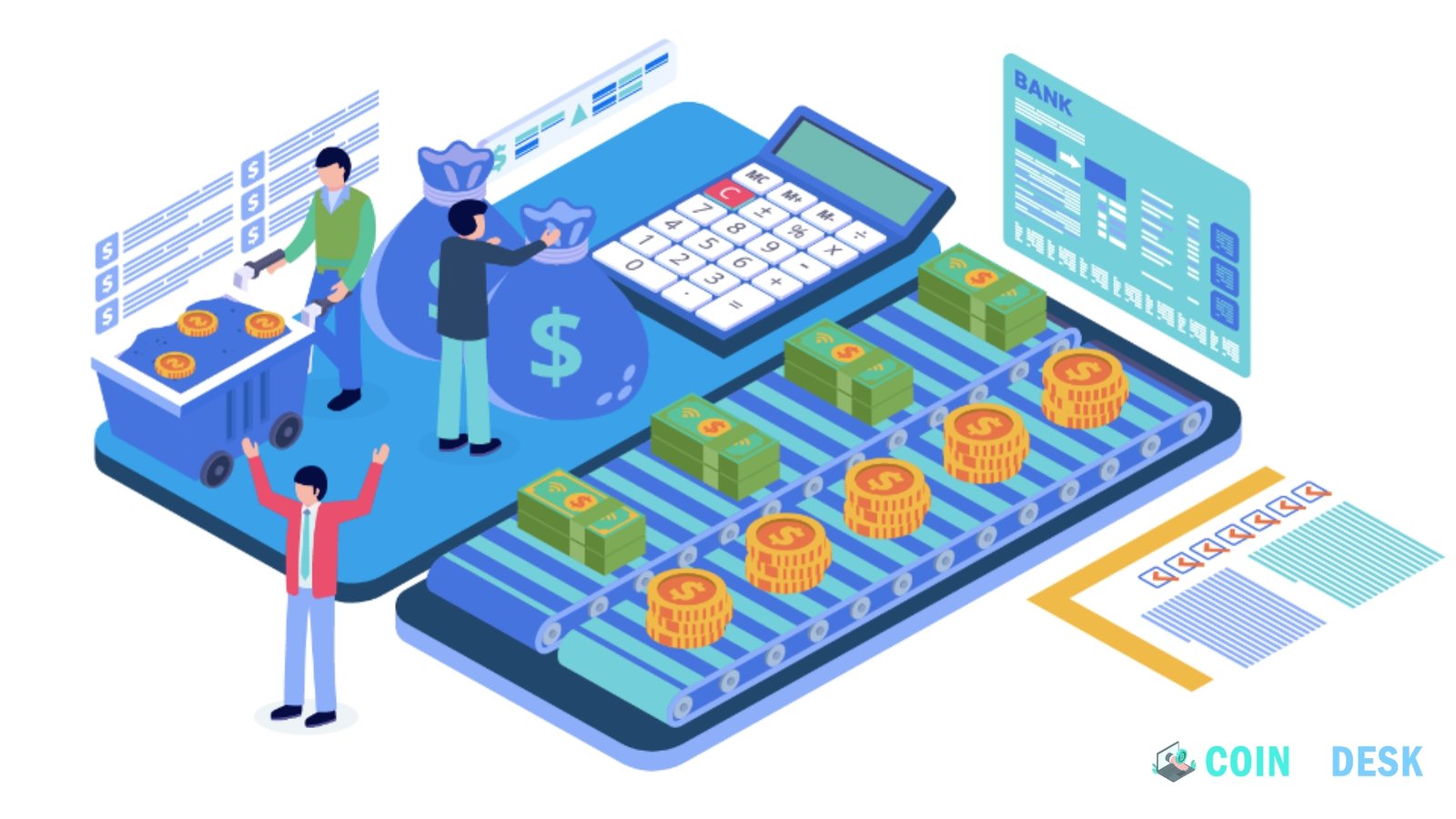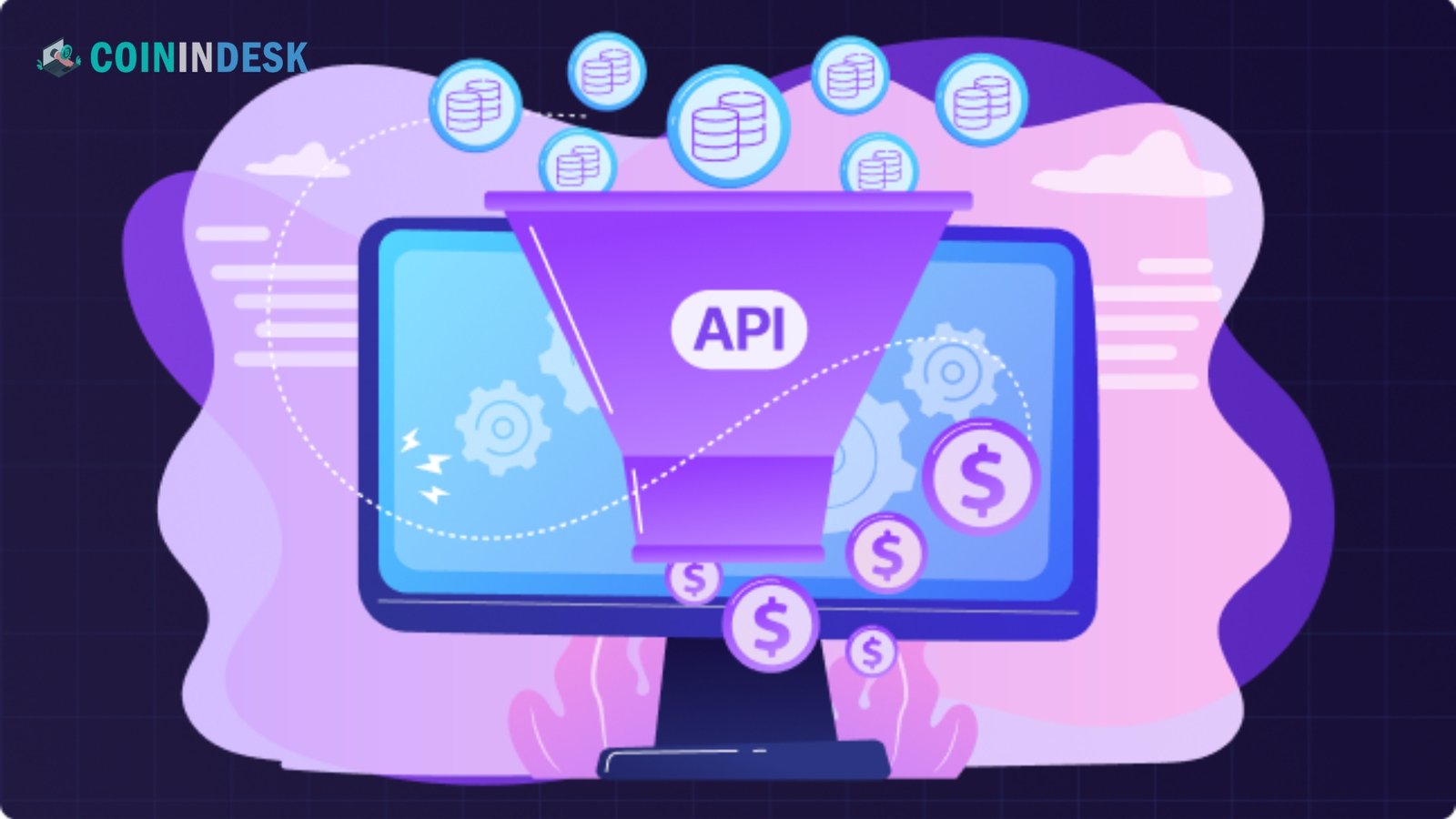Fintech APIs: The financial technology (fintech) sector has undergone a remarkable transformation in recent years, with APIs (Application Programming Interfaces) emerging as a critical driving force behind this evolution. As of 2024, fintech APIs have become the backbone of the industry, enabling seamless integration, fostering innovation, and redefining how financial services are delivered and consumed. This article explores the latest developments in fintech APIs, their growing significance, and the trends shaping the future of financial services.
The Rise of Fintech APIs
APIs have long been a part of the technology landscape, but their role in fintech has gained significant prominence over the past decade. Originally, APIs were primarily used to connect different software systems, allowing them to communicate and share data. In the context of fintech, APIs have evolved to become more sophisticated, enabling the creation of new financial products and services that were previously unimaginable.
The open banking movement, which gained momentum in the late 2010s and early 2020s, was a significant catalyst for the widespread adoption of fintech APIs. Open banking mandates require banks to provide secure access to customer data to authorized third-party providers via APIs. This initiative aimed to increase competition and innovation in the financial services sector and has indeed delivered on that promise.
Today, fintech APIs power various applications, from payment processing and digital banking to investment management and insurance. They have democratized access to financial services, allowing startups and established institutions alike to build innovative solutions that meet the evolving needs of consumers and businesses.
The Role of Fintech APIs in 2024
As we enter 2024, the role of fintech APIs has expanded beyond open banking. They are now at the heart of virtually every fintech innovation. Here are some key areas where fintech APIs are making a significant impact:
Embedded Finance
Embedded finance is the integration of financial services into non-financial platforms and applications. This trend has gained substantial traction recently, with fintech APIs playing a pivotal role. Through APIs, companies in various industries can seamlessly offer financial products such as lending, insurance, and payments within their ecosystems.
For example, e-commerce platforms can provide instant credit to customers at the point of sale, ride-sharing apps can offer driver insurance coverage, and gig economy platforms can facilitate faster payments to workers. Fintech APIs enable these services to be embedded effortlessly, enhancing user experiences and creating new revenue streams.
Digital Banking and Fintech APIs
The digital banking sector has witnessed explosive growth, driven by fintech APIs. Traditional and challenger banks leverage APIs to offer a wide range of digital services, including account management, payments, and financial planning tools. APIs allow these institutions to integrate with third-party fintech providers, enabling customers to access a broader array of financial products and services through a single platform.
Furthermore, APIs facilitate the development of banking-as-a-service (BaaS) models, where non-banking companies can offer banking services under their brand. This has led to the emergence of neobanks and fintech startups that provide tailored financial solutions to specific customer segments, all powered by robust API infrastructures.
Payments and Remittances
Fintech APIs have revolutionized the payments industry, particularly in real-time payments and cross-border remittances. APIs enable seamless integration with payment gateways, digital wallets, and currency exchange platforms, making it easier for businesses and individuals to send and receive money globally.
In 2024, the demand for faster, cheaper, and more transparent payment solutions continues to grow. Fintech APIs are at the forefront of this evolution, enabling instant payments, reducing transaction costs, and enhancing security through tokenization and encryption.
Wealth Management and Robo-Advisors
Wealth management has also benefited from the proliferation of fintech APIs. Robo-advisors, which provide automated investment advice based on algorithms, rely heavily on APIs to access real-time market data, execute trades, and monitor portfolios. These platforms offer personalized investment strategies at a fraction of the cost of traditional financial advisors.
Moreover, fintech APIs have facilitated the integration of environmental, social, and governance (ESG) factors into investment decisions. Investors are increasingly seeking sustainable and socially responsible investment options, and APIs enable wealth management platforms to provide ESG-compliant portfolios that align with clients’ values.
RegTech and Compliance
Regulatory technology (RegTech) is another area where fintech APIs are making a significant impact. Compliance with ever-evolving financial regulations is a major challenge for financial institutions. APIs simplify the process by automating compliance checks, reporting, and risk management.
In 2024, RegTech solutions powered by APIs are helping financial institutions navigate complex regulatory environments more efficiently and accurately. These solutions include identity verification, anti-money laundering (AML) checks, and Know Your Customer (KYC) processes, all of which are critical to maintaining the financial system’s integrity.
Trends Shaping the Future of Fintech APIs
As fintech APIs continue to evolve, several trends are shaping their future development and adoption:
API Standardization
One of the biggest challenges in the fintech API ecosystem is the lack of standardization. Different financial institutions and fintech companies often have their own unique APIs, making integration complex and time-consuming. In response, there is a growing push toward API standardization, which would simplify integration and reduce development costs.
Industry bodies and regulatory authorities are increasingly advocating for common API standards, particularly in areas like open banking and payments. Standardization would enable greater interoperability between different platforms and facilitate the creation of more comprehensive and user-friendly financial services.
API Security and Privacy
As fintech APIs become more prevalent, ensuring their security and protecting user data has become paramount. Cyberattacks’ increasing frequency and sophistication have highlighted the need for robust API security measures. In 2024, we see a greater emphasis on implementing advanced encryption, authentication, and authorization protocols to safeguard API endpoints and the data they handle.
Moreover, privacy regulations like the General Data Protection Regulation (GDPR) in Europe and the California Consumer Privacy Act (CCPA) in the United States continue to influence how fintech APIs are designed and deployed. Companies must ensure their APIs comply with these regulations to avoid fines and reputational damage.
API Monetization
Monetizing APIs has become a strategic priority for many fintech companies. Instead of offering APIs as a free service, companies are increasingly adopting API-as-a-product models, where they charge for API access based on usage or subscription fees. This trend is expected to gain momentum in 2024 as more companies recognize the value of their APIs as revenue-generating assets.
API monetization strategies vary. Some companies offer tiered pricing models, while others provide premium features at a cost. This approach allows fintech companies to generate additional revenue streams while providing value-added services to their clients.
AI and Machine Learning Integration
Artificial intelligence (AI) and machine learning (ML) are transforming the fintech industry, and APIs are at the centre of this transformation. In 2024, we see more fintech APIs integrating AI and ML capabilities to enhance decision-making, automate processes, and provide personalized experiences.
For instance, APIs can leverage AI to detect real-time credit risk more accurately and offer personalized financial advice based on user preferences. As AI and ML technologies advance, their integration with fintech APIs will unlock new possibilities for innovation and efficiency.
Conclusion
Fintech APIs have come a long way from their early days as simple connectors between software systems. In 2024, they are the driving force behind the fintech revolution, enabling the creation of innovative financial products and services that are reshaping the industry. From embedded finance and digital banking to payments and wealth management, fintech APIs empower companies to deliver seamless, secure, personalized financial experiences.
As the fintech landscape continues to evolve, APIs will only grow in importance. Standardization, security, monetization, and AI integration are just some of the trends shaping the future of fintech APIs. Companies that embrace these trends and invest in robust API strategies will be well-positioned to thrive in the dynamic and competitive world of financial technology.


